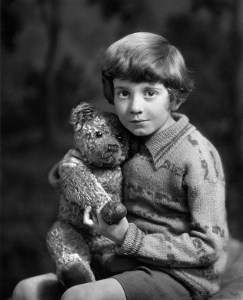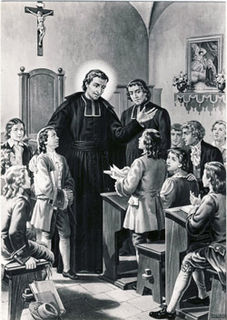A Quote by Margaret Turnbull
No man is responsible for his father. That was entirely his mother's affair.
Related Quotes
Verily has man freewill to control his actions. That my Father-Mother has given to man as his inheritance. But the control of the ractions to those actions man has never had. This my Father-Mother holds inviolate. These cannot become man's except through modifying his actions until the reactions are their exact equal and opposite in equilibrium.
Here's a strange fact: murder a man, and you feel responsible for his life - ''possessive'', even. You know more about him than his father and mother; they knew his fetus, but you know his corpse. Only you can complete the story of his life, only you know why his body has to be pushed into the fire before its time, and why his toes curl up and fight for another hour on earth.
There is a myth, sometimes widespread, that a person need only do inner work...that a man is entirely responsible for his own problems; and that to cure himself, he need only change himself....The fact is, a person is so formed by his surroundings, that his state of harmony depends entirely on his harmony with his surroundings.
The idea that the Lord our God is not a personage of tabernacle is entirely a mistaken notion. He was once a man. Brother Kimball quoted a saying of Joseph the Prophet, that he would not worship a God who had not a Father; and I do not know that he would if be had not a mother; the one would be as absurd as the other. If he had a Father, he was made in his likeness. And if he is our Father we are made after his image and likeness.
In other words, homosexuality was no longer to be considered an illegal form of debauchery or perversion in which one willingly engaged a person of his own sex, but a mental illness which one blamed on his mother. Consequently, a homosexual is not responsible for his behavior - it's his mother's fault!
As in the natural life a child must have a father and a mother, so in the supernatural life of grace a true child of the Church must have God for his Father and Mary for his mother. If he prides himself on having God for his Father but does not give to Mary the tender affection of a true child, he is an impostor and his father is the devil.
































